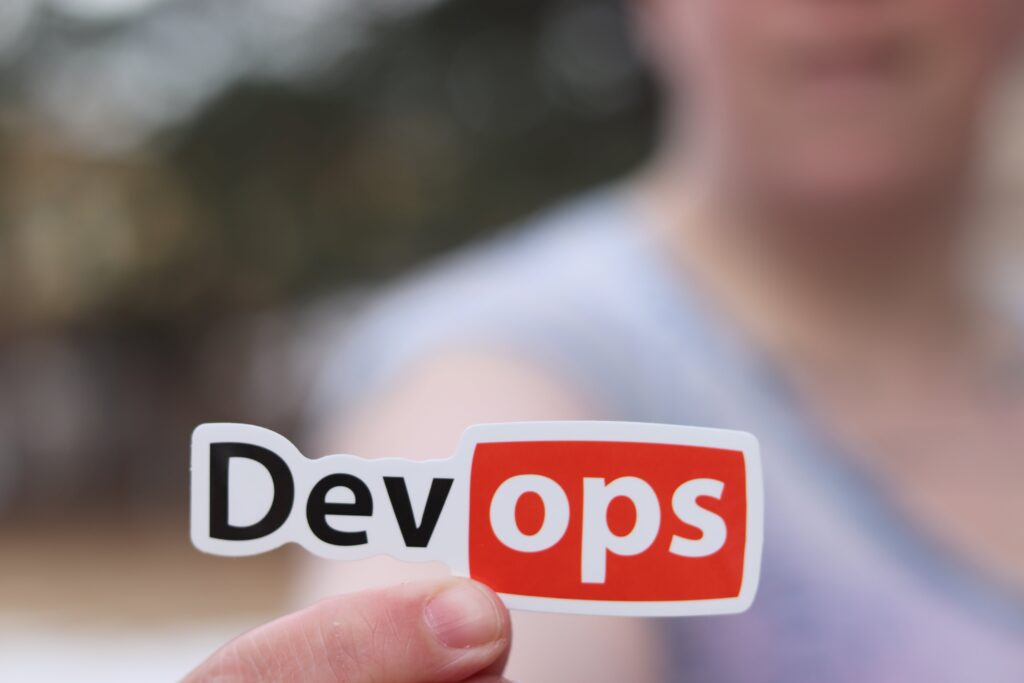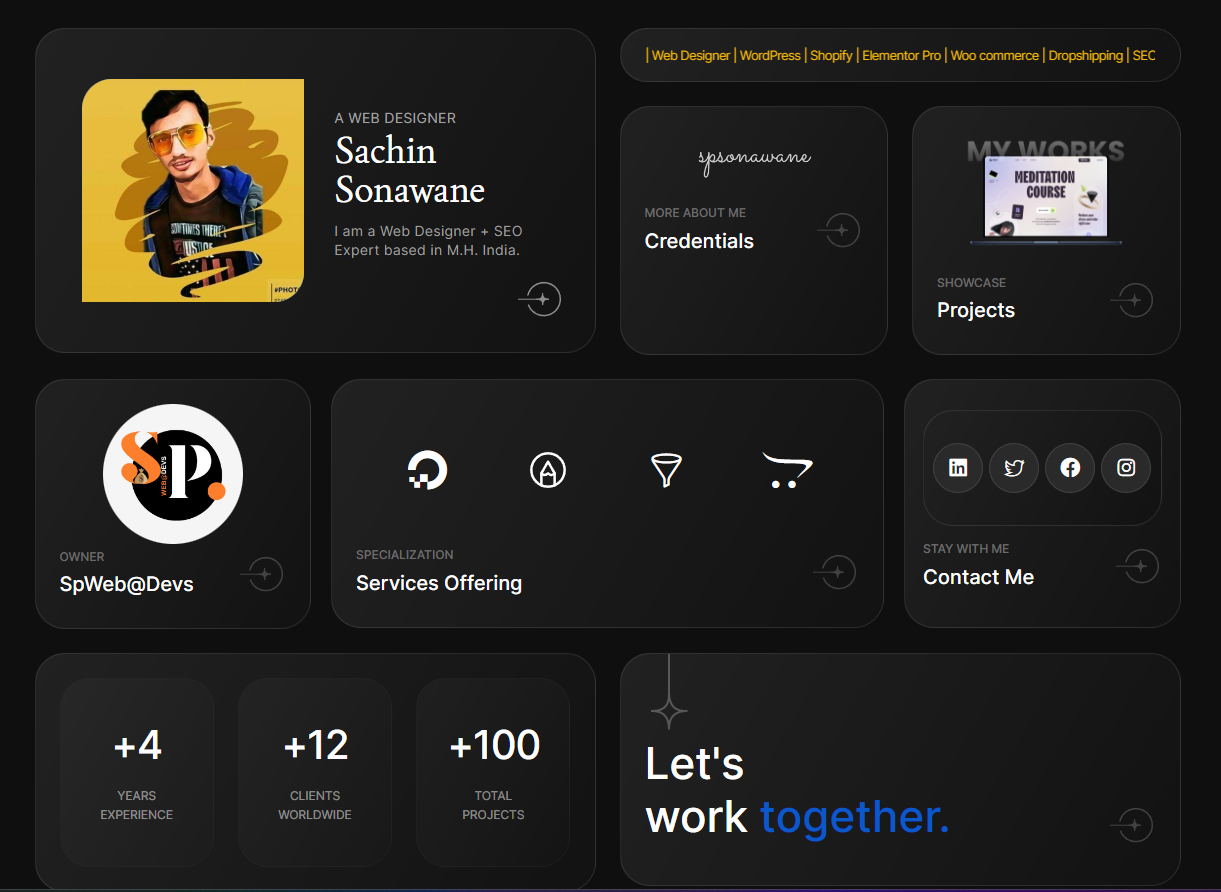- Home
- Technology
- DevOps Success: Best Practices
Discover the best practices for DevOps success in this comprehensive guide. Learn how to streamline your software development process and enhance collaboration for optimal results.
Introduction
In the fast-paced world of software development, staying ahead of the curve is imperative. DevOps, short for Development and Operations, is a set of practices that have revolutionized the industry. By fostering collaboration, automating processes, and ensuring rapid, reliable deployments, DevOps can lead to remarkable success. In this article, we will explore the best practices that can help your team achieve DevOps success.

Embracing DevOps Success: Best Practices
DevOps Success: Best Practices is all about aligning your development and operations teams to work cohesively. This approach results in quicker, more reliable software releases and a more efficient workflow. Below, we delve into the best practices that can make a significant difference:
Building a Collaborative Culture
One of the cornerstones of DevOps success is a culture of collaboration. Encouraging developers and operations to work together not only breaks down silos but also fosters innovation. A shared vision and understanding of common goals enable teams to deliver high-quality software consistently.
Continuous Integration and Continuous Deployment (CI/CD)
Automating your development pipeline through CI/CD processes is crucial. This practice ensures that changes are tested, integrated, and deployed swiftly. It helps to identify and rectify issues in real-time, minimizing errors and reducing manual intervention.
Infrastructure as Code (IaC)
IaC treats infrastructure setups as code, allowing for version control and automation. This practice enhances scalability and reproducibility while reducing human error. Leveraging tools like Terraform or Ansible can simplify this process.
Monitoring and Feedback Loops
Regularly monitor your applications and infrastructure. Implement feedback loops to understand the real-world impact of your changes. This practice empowers your team to make data-driven decisions and continuously improve software quality.
Security as a Priority
Incorporate security throughout your DevOps pipeline. Conduct security assessments, vulnerability scanning, and regular updates to ensure your applications are robust against threats. Security should be a non-negotiable part of your DevOps process.
Documentation and Knowledge Sharing
Maintain comprehensive documentation to ensure knowledge is accessible to all team members. This practice helps new team members onboard faster and prevents knowledge silos that can hinder productivity.
Test Automation
Automate your testing processes to ensure consistent, repeatable results. This practice saves time and guarantees that new features or fixes do not introduce unexpected issues.
Scalability and Resilience
Design your systems to be scalable and resilient. This includes planning for high availability, load balancing, and failover strategies to ensure your applications can handle increased demand.
Cloud-Native Technologies
Leverage cloud-native technologies like containers and serverless computing. These technologies simplify deployment and scaling while reducing infrastructure costs.
Performance Optimization
Continuously optimize your application’s performance. Regularly analyze and improve code and configurations to ensure your software runs efficiently.
Disaster Recovery
Plan for the worst-case scenario by establishing a robust disaster recovery strategy. This practice minimizes downtime and data loss in the event of system failures.
Automation of Repetitive Tasks
Automate mundane and repetitive tasks to make more time for more strategic and creative work. Tools like Jenkins and Puppet can be invaluable in this regard.
FAQs
How can DevOps improve software quality?
DevOps fosters collaboration, continuous testing, and monitoring, resulting in higher-quality software that is delivered more consistently.
What is the role of automation in DevOps?
Automation streamlines processes, reduces human error, and accelerates development and deployment, making it a fundamental aspect of DevOps.
Why is culture important in DevOps?
A culture of collaboration and shared goals is crucial to break down silos and drive innovation within development and operations teams.
How can I get started with DevOps?
Start by assessing your current processes, identifying areas for improvement, and gradually implementing practices that align with your organization’s goals.
What tools are commonly used in DevOps?
Common tools include Jenkins, Docker, Kubernetes, Ansible, and Terraform, among others.
What is the impact of DevOps on time-to-market?
DevOps shortens the time-to-market by automating processes, ensuring continuous testing, and improving collaboration, allowing faster and more reliable software releases.
Conclusion
Success: Best Practices offers a transformative approach to software development and operations. By embracing these practices, you can streamline your workflow, improve software quality, and ultimately achieve DevOps success. In today’s competitive landscape, staying ahead and delivering top-notch software is non-negotiable. Start your DevOps journey today, and watch your team thrive.
Don’t forget to hit the like button if you found this article helpful!
















